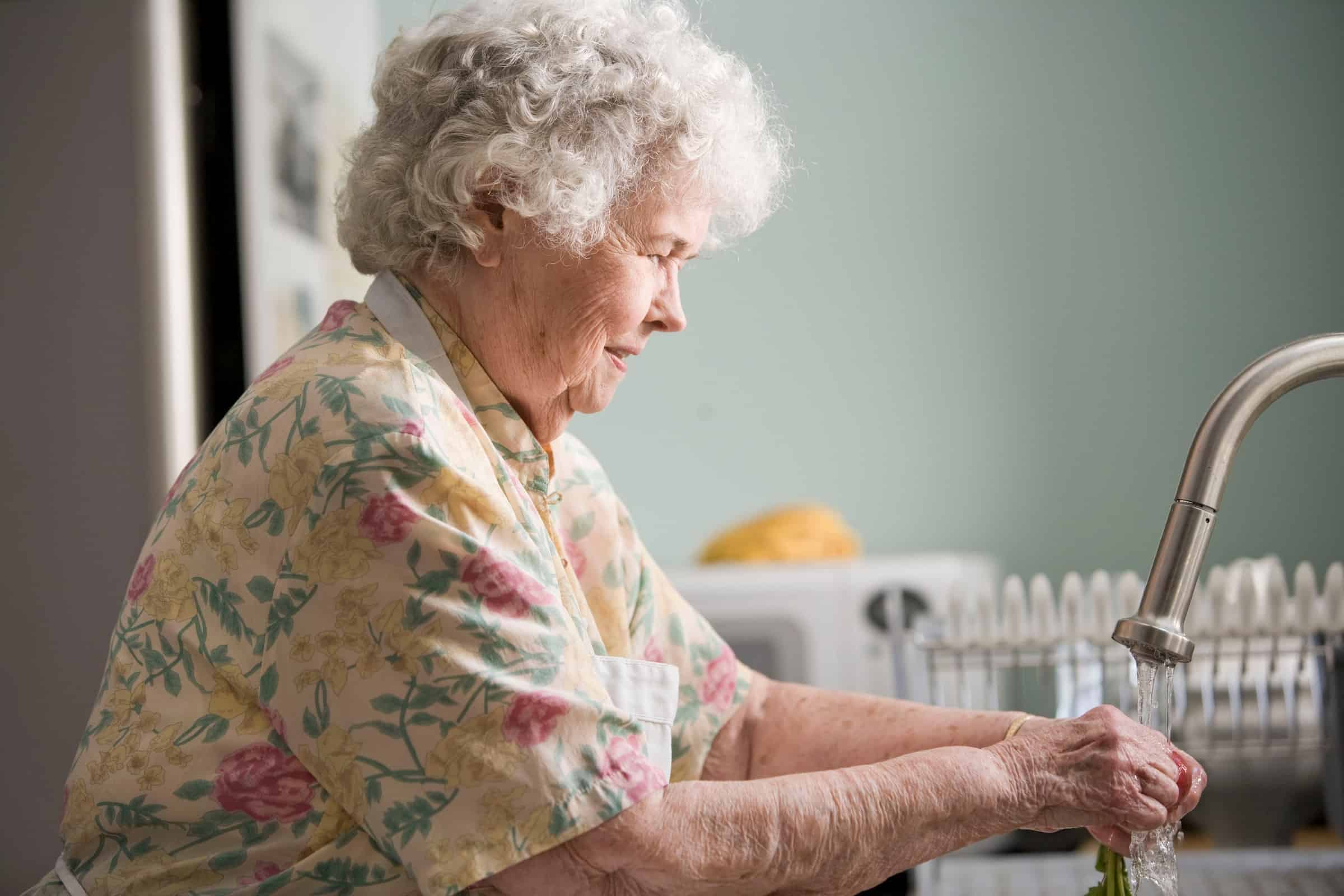As we age, our need for socialization doesn’t go away. Often, the need for socialization increases with age. As a result, many elders who move into adult foster care or assisted living facilities will experience depression due to a lack of social interactions.
This isn’t to say that there are no social activities available to the elders. But, sometimes, they need a little encouragement to get out and socialize. Having activities that every person will enjoy can help instigate social interactions.
Studies have shown that the elderly who regularly engage in social activities remain physically, mentally, and emotionally fit.
For older people in adult foster care, finding ways to socialize can be challenging, whether it’s due to not feeling comfortable initiating conversation or simply not knowing what activities to do.
If you’re looking for ways to get your elderly residents to engage in more social activities, check out these seven social activities for the elderly in adult foster care.

1. Play Board or Card Games
Board and card games are a great way to get elders to socialize with other elders. There are enough board games on the market for people with all personality types to have fun playing.
For those looking for a game that requires a little more thinking, Scrabble and Risk are exciting games. Then, of course, there’s always the classic Monopoly to engage your elders for more extended periods of time.
While strategy games can be fun and cognitively stimulating, sometimes a fun board game that is more about luck is just as fun. Having various board games readily available to the elders can ensure that this social activity doesn’t get old too quickly.
Card games are also a great option because you can play several games with one deck of cards. It’s also a great way to learn new card games from other people.
The best part about a board or card game is that you only need two people minimum. These are great options for elders who may want to socialize but not with a massive group of people. This activity allows them to socialize without feeling overwhelmed by too many people.
While puzzles aren’t technically a board game, they are still a fun way to bring the residents together. The residents can work on an individual puzzle while chatting amongst themselves or band together to work on a giant, more complex puzzle.
2. Participate in Arts and Crafts
Arts and crafts not only are a great way to get those creative juices flowing and reduce the risk of any cognitive impairment, but they offer an opportunity to socialize.
This social activity is pretty broad but offers a ton of things to do. For example, creating crafts for each holiday to decorate the common rooms, such as the hallways, living room, and dining room, in the foster care home is a great way to bring the elderly together.
Snowflakes are a typical craft to create during the winter months. In addition, decorating pumpkins during the Fall and making faux flower bouquets during the Spring are great arts and crafts ideas.
Another great craft idea for the elderly is to create greeting cards for friends and family. Making greeting cards allows the elders to feel connected to their family they don’t see every day. This craft also provides another learning opportunity for the residents to get to know their housemates more.
Even if there’s no holiday coming up, coloring pages and giving them the freedom to create what they want is a perfect opportunity for socialization. It allows others to ask what someone is making and hopefully start a conversation that flows easily.
3. Dine in the Common Area
It doesn’t matter what your age is. Food has a way of bringing people together. Gathering to eat a meal is especially important for the elderly.
Choosing to eat meals in the common dining area gives elders the perfect opportunity to have conversations with their fellow elders. This activity allows elders to catch up on the night before during breakfast or hear about their housemates’ day at dinner.
Aside from our sense of smell, food is also one of our most vital links to memory. Dining with other elders gives them the chance to discuss the meals they grew up with or what they enjoy eating now that they hated when they were younger.
Granted, for some elders, this may be an intimidating activity. With so many people in the dining room at one time, it’s easy for some to be overwhelmed. However, even sitting with one other person can provide the socialization they need.
If the dining room is too overwhelming for a person, but they still don’t want to eat alone, eating outside with one or two other people is another excellent option.
4. Participate in a Group Exercise Class
You don’t have to be having a constant conversation to be socializing. Going to a group exercise class is an exciting way for the elderly to stay physically fit and get their socialization in for the day.
These exercise classes don’t need to be anything extravagant or strenuous. There are plenty of fantastic seated or chair yoga classes available online, Zumba for those who are still good on their feet, and even gentle strength training.
Some people specialize in going to assisted living facilities and adult foster care homes to teach exercise classes. An in-person class may be better for the residents because not only are they not straining their eyes looking at a screen, but they can interact with the instructor.
You’ll find that many elders will have small conversations before and after the class to catch up or discuss if they liked the exercise class or not.
5. Garden with Other Elders
Gardening is a way to bring elders in the house together. It doesn’t require a lot of conversation, but it encourages them to work together to keep the garden blooming.
You can grow a variety of plants such as flowers and even herbs and vegetables. If the house the elders live in doesn’t have a decent gardening space outside, there’s an option to have an indoor garden. Gardening may need to be on a smaller scale but can still provide an excellent socializing experience.
The elders will more than likely ask their fellow housemates if they’ve stopped to water the plants today or if they need to. It even prompts the elders to spend some time just conversing while they look at what they’ve grown or are in the process of growing.
6. Start or Join a Book Club
Book clubs are great for combining an individual activity with a group one. If there are no book clubs already at the foster care house, starting one that the elders can join may increase socialization.
When book clubs are available to the elders, it allows them to share the books they enjoy with other house members. They also get to share their thoughts regarding the current book the club is reading.
Most book clubs are on a schedule. The members agree to have read a certain number of chapters by a specific date. Joining or starting a book club is a great tool to keep a constant social activity on the elders’ calendar.
Book clubs are fantastic for elders who may not enjoy crafts or exercising, as it gives them something to look forward to once or twice a week where they can be social.
7. Listen or Play Music Together
Another thing that brings people of all ages together is music. There are so many genres of music out there that you can always find something new to listen to.
Setting aside some time for the elders to gather and enjoy music gives them an excellent opportunity to socialize. Some may only sit at a table or couch and merely listen to the tunes, or some may stand up and start dancing by themself or with others.
Adding a music hour to the activity calendar that showcases a different genre of music every time can provide the elders with something exciting to look forward to. In addition, events like this will spark conversation amongst the residents.
If there are elders in the house who can play an instrument and available to them, letting them play for the other residents may make everyone feel that much more connected. Plus, it gives some the chance to show off their skills.
Wrapping Up
Growing older is inevitable. But, that doesn’t mean our elderly citizens have to miss out on the fun and various social activities. On the contrary, keeping elderly persons in adult foster care engaged and social can help keep their spirits up and allow them to continue to enjoy the things they used to, regardless of age.
Whether coloring, gardening, or working out are their cup of tea, there’s something everyone can enjoy when in adult foster care. Are there any activities that we may have missed? Let us know in the comments below.



